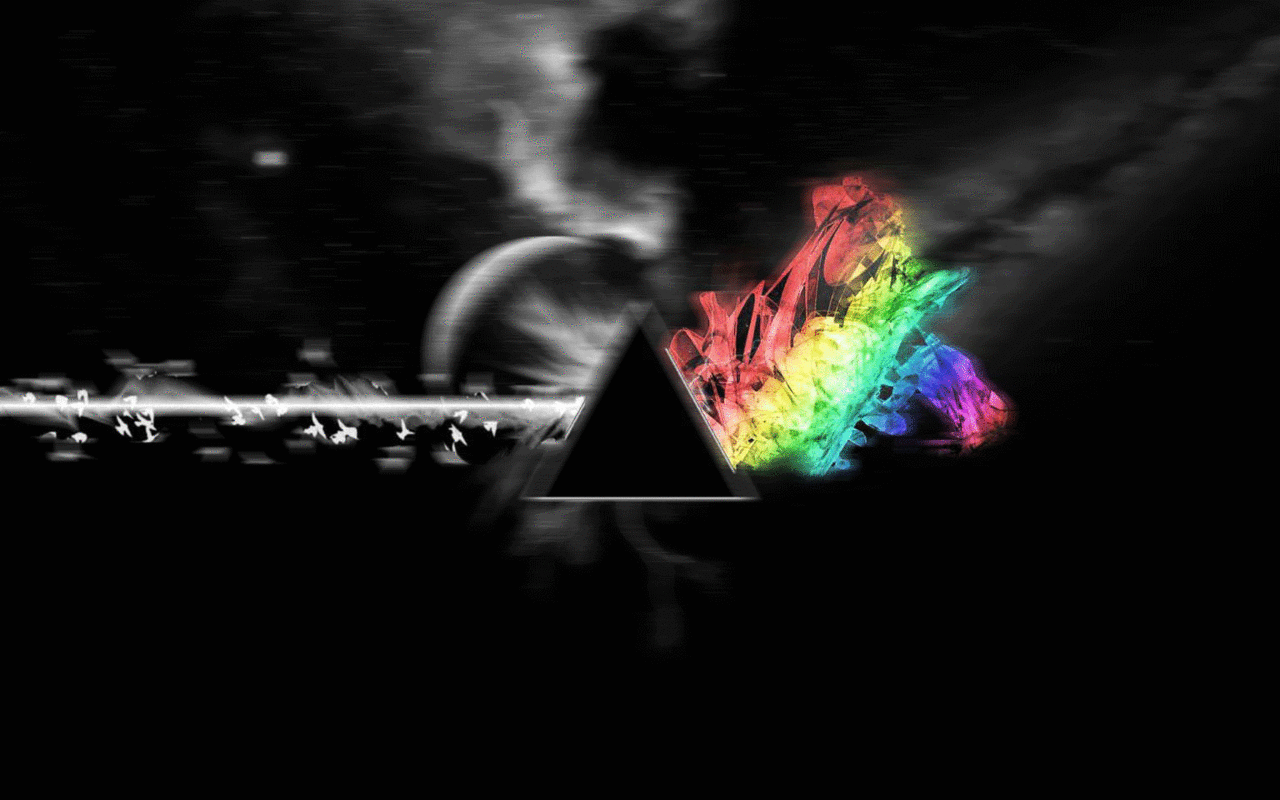Latest news about Bitcoin and all cryptocurrencies. Your daily crypto news habit.

Despite being a relatively reserved figure in the blockchain space, æternity founder Yanislav Malahov was actually one of the earliest catalysts to the conception of what would eventually be called Ethereum. Along with æternity’s Chief Business Officer Nikola Stojanow, Yani was listed under Forbes 30 Under 30 in Bulgaria in 2017.
He explains his involvement with Vitalik Buterin in a Medium post from 2015:
In the manner of JR (Willett), I shall call myself from now on ‘Godfather of Ethereum’. This is a joke, of course. Or maybe, not ;)
So what made him want to build a new smart contract platform from scratch, despite Ethereum already being established? Yani explains that æternity was born out of a need for a more scalable blockchain platform. He foresaw that Ethereum’s (and Bitcoin’s) approach to running all transactions and smart contract executions on-chain was not going to work well in the future. He was right. Ethereum has been struggling with scalability issues for quite some time, while Bitcoin’s transaction fees reached an average of 55 USD in January 2018.
Yani explains:
We can do much better, so I started æternity. It’s the same with Bitcoin and Ethereum on the base level: decentralized, public, global, censorship-free, tamper-proof transaction technology.
But the one major thing æternity specifically can do that Ethereum and Bitcoin can’t is that it can deliver equality, inclusion, and all the benefits of blockchain technology to the entire world at a faster pace — æternity can fulfil these promises right here, right now.
It’s a scalable smart contract platform that can handle more transactions and smart contract calls, and has far more advanced features capable of handling billions of people all over the world.
Under the hood
One of the main differences between æternity and earlier blockchains lies under the hood: æternity is written in Erlang, a proven functional language for distributed systems which Yani says is “The best language to write a blockchain in.”
This assertion is backed by Joe Armstrong, author of the Erlang language, who commented that:
If Java is “write once, run anywhere”, then Erlang is “write once, run forever”
Armstrong, a programming legend who recently passed away, was one of the authors of the Erlang programming language. His legacy will continue to live on as generations build significant projects using Erlang — and æternity will be one of those legacies he leaves behind.
Much like Yani’s silent involvement in the progression of a smart contract platform like Ethereum, the Erlang language is behind the mechanisms of what many of us interact with online on a daily basis — despite most of us being oblivious of its very existence.
Yani continues with his thought about Erlang:
Most of the people on the planet are already using Erlang — they just don’t know it. And that tells you how great it is. Common people don’t even notice it — it just works seamlessly.
They don’t necessarily need to know about it — it’s an infrastructure piece of the Internet. If you’re using Whatsapp, the application is actually written in Erlang on the backend. The switches of the Internet also run Erlang. It was Wiger and Ericsson who produced the switches of the Internet called base stations — and they run Erlang.
An Even Smaller World: The Next Stage of Globalization
“The world is shrinking — and not in a bad way — in a very good way”, says Yani. According to him, we are entering a phase where boundaries will be broken and we all could become simply “citizens of Earth”.
The world becomes smaller, fairer, with more opportunities for everyone — and I’m not limiting these to just economic opportunities. It opens up opportunities to change many things, such as how governance works on both local and global scale — how we organize as people of a city, or a country, or a planet.
Just a few weeks ago, with its first successful on-chain governance vote a reality, æternity joined a group of blockchain projects that aim to research and develop new governance models based on blockchain technology by actively involving their communities of token holders. The AE cryptographic token expanded its utility by now serving as a ballot in the on-chain governance process.
In terms of the “politics of things”, Yanislav says that while politics are part of the nature of things, he’d rather focus on doing what he does best: building technology.
He laughingly quips:
Naturally, where something of importance changes, it also involves politics. This is just the nature of things. I’m not too involved in politics. I’m not completely blind but at the same time I’d rather focus on the technology and building things. People talk. It’s also the nature of things. Politicians talk even more
Beyond Мoney: Тokenize Еverything
With the blockchain and cryptocurrency industry having attracted (and lost) outrageous amounts of money, the space has seen a plague of ICO’s — some of which were made with less than legitimate intentions, hoping to cut a piece of the cake for their own pockets. But for Yani, being a tech builder, the implications of all these developments were far more interesting.
Money is one aspect of all of this. I mean, we are re-working how money works which is revolutionary itself. I really like this aspect — it’s about changing what money actually is. But for me, it was never about money. Lots of people think of blockchain or token sales as a way to essentially get a million in their bank accounts. I never did this and I was never interested in this.
Going into what fascinates him, he talks about tokenization, and the dawn of a new era that will take us away from what we’ve been used to for hundreds, maybe thousands of years.
In the future, everything will essentially be tokenized. There’s this guy, David Johnston, he said that everything that can be decentralized will be decentralized. It’s called the Johnston Law.
In a tokenized world, things become more liquid, more economically viable, more interesting. You can share things beyond shares. Buy a house with your husband — you get two tokens. One token for your husband, one for the wife. Buy an apartment with ten of your friends — one token for each one of you. Use that token to generate access once, one per week for each owner, or whatever arrangement you can think of. There is a world of opportunities with tokens.
He adds that since the future will also be more digital, it will become increasingly easier to create tokens for whatever types of digital or physical assets.
This I find totally fascinating, the world is going through a change. We’re moving out of the age of paper — which lasted for several hundred years if not even thousands of years.
æternity: Delivering Equality Transcending Lifetimes
In the eyes of its founder, æternity could very well outlive his own lifetime — and Yani certainly hopes it would.
For sure, I want to leave behind something useful — the more people use it, the happier I’ll be. Becoming a piece of the core infrastructure of the global internet for any sort of important digital items — this would be pretty cool. æternity. The name says it all. æternity is a long-term project, and it could stay there forever. I think this is true — æternity blockchain will live longer than I will.
Yani mentions something that one would think isn’t exactly a joke (sci-fi fans, especially). This, followed by the hope that the science and tools needed to make it possible will become available soon enough.
Sometimes, I joke that I would like to upload my DNA and my brain to the æternity blockchain
While mind uploading will probably remain a thing of science fiction for the long foreseeable future, Yani continues working on the present, along with the network of notable developers he brought together for one common goal: to build a blockchain platform that will outlast human lifespans. æternity, after all, was named and conceived with eternity in mind.
Yanislav Malahov on æternity: A Legacy to Outlive Its Founder was originally published in Hacker Noon on Medium, where people are continuing the conversation by highlighting and responding to this story.
Disclaimer
The views and opinions expressed in this article are solely those of the authors and do not reflect the views of Bitcoin Insider. Every investment and trading move involves risk - this is especially true for cryptocurrencies given their volatility. We strongly advise our readers to conduct their own research when making a decision.




